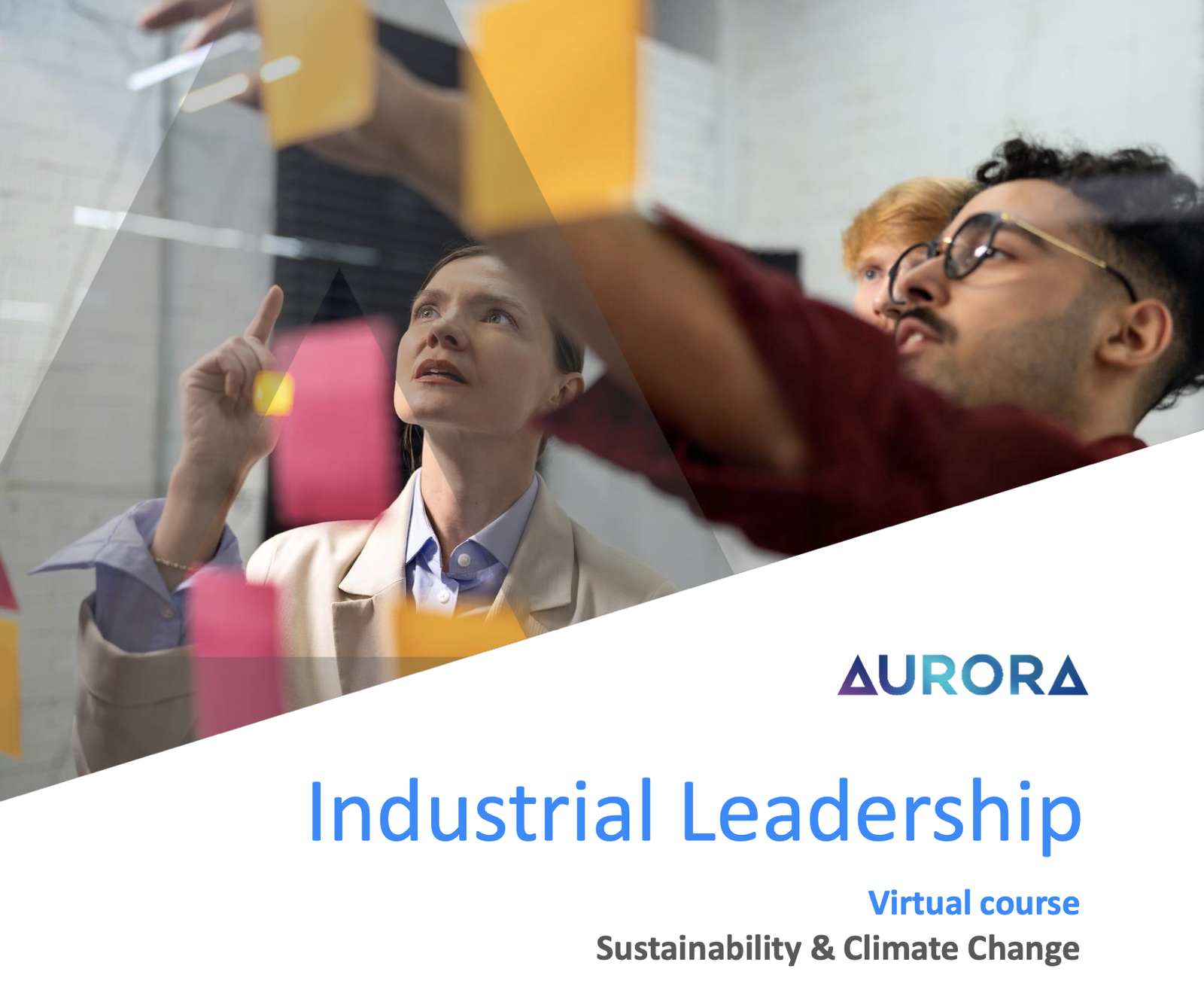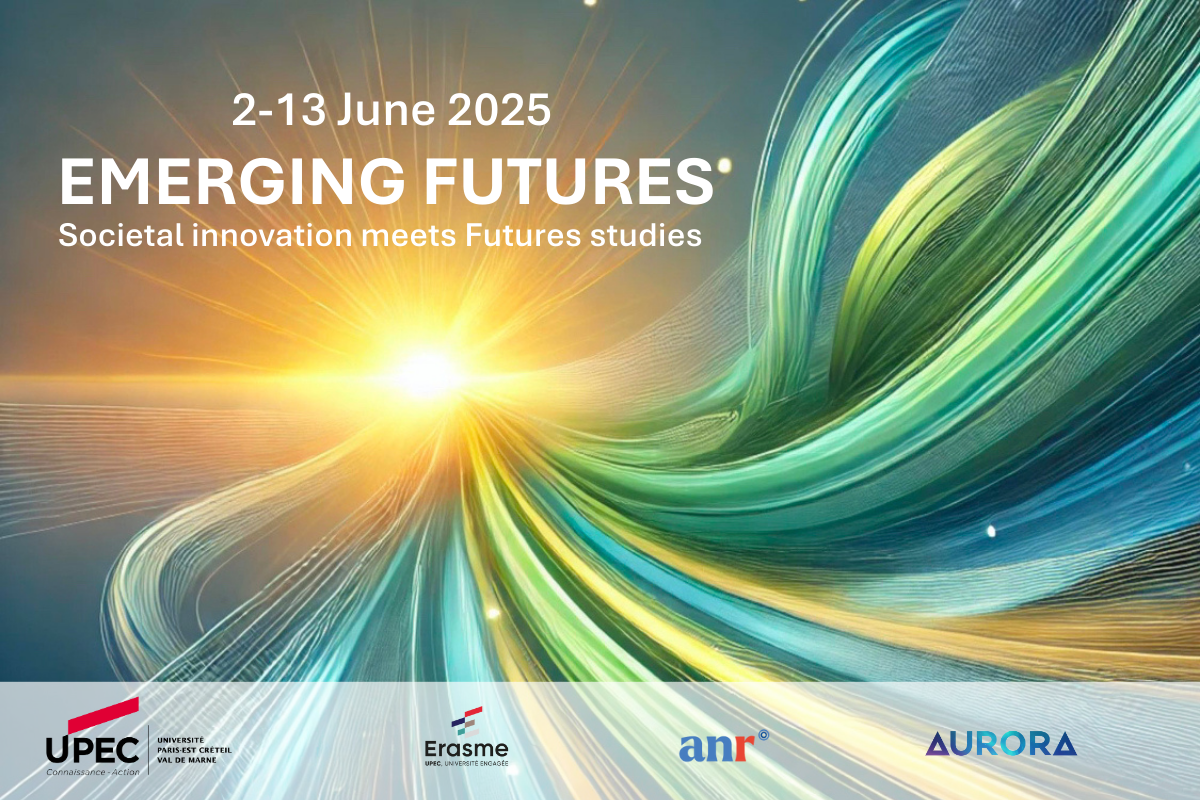Nutrition and Physical Activity – Online Course held by URV
Nutrition and Physical Activity
This course explores the physiological mechanisms behind nutrition and physical activity. The Universitat Rovira i Virgili (URV) is excited to offer this online course open to students from Aurora partner universities.
-
- Offered by: Faculty of Medicine and Health Sciences
- Aurora Hub: Health & Wellbeing
- Format: 100% Online
- Language: English
- Who can apply: Bachelor or early Master students with basic knowledge in nutrition and physiology
- Requirements: English level B1 minimum
- Final Evaluation: Includes an evaluative presentation
- Places Available: 16 students (2 per partner university)
📩 How to apply?
-
- Interested students should contact their university’s Aurora coordinator or international office to submit their applications.
- Nominated students will then be contacted by the URV and asked to fill in the final registration form.
For any questions, feel free to contact us at aurora@urv.cat.
We look forward to welcoming students from across Aurora alliance!




